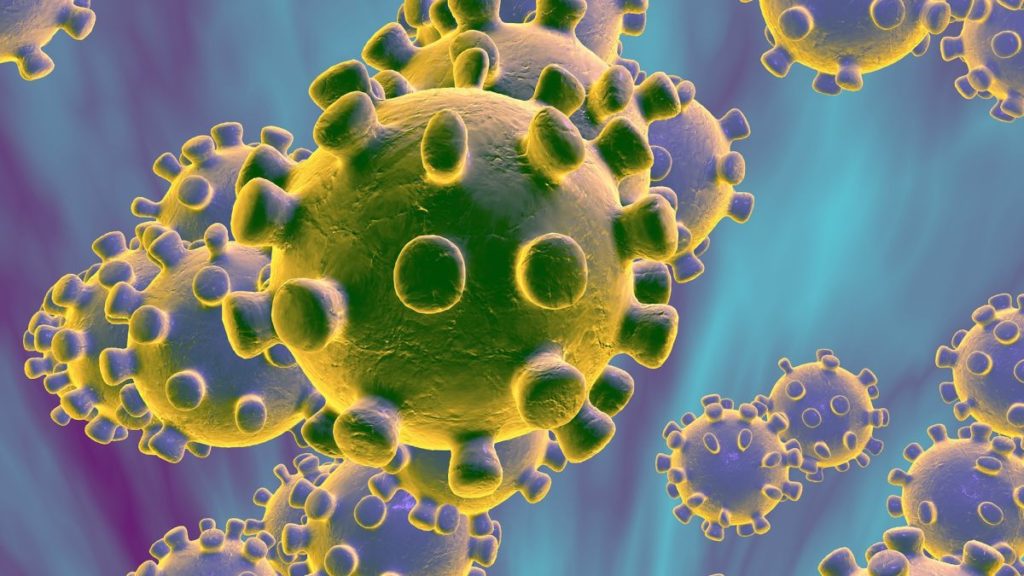
The best way to prevent and slow down transmission is to wash your hands or use an alcohol based rub frequently and not touching your eyes, nose or face. To keep the distance from the person who is COVID-19 positive. It spread through droplets of saliva or discharge from the nose when an infected person coughs or sneezes.
People with the main coronavirus symptoms – a fever or dry cough or rarely suffer from a runny nose – are required to stay at home for seven days while households in which at least one person is displaying symptoms should quarantine themselves for 14 days. Nearly 90 per cent of patients experienced a fever and just over two-thirds suffered with a dry cough. Other Covid-19 symptoms are less common. Just under 40 per cent of people with the disease experience fatigue, while a third of people cough up sputum – a thick mucus from within the lungs. Other rarer symptoms include shortness of breath, muscle pain, sore throats, headaches or chills, loss of smell or taste. According to the WHO, symptoms tend to appear between five and six days after infection.
At this time, there is no specific vaccine or treatment for COVID-19.